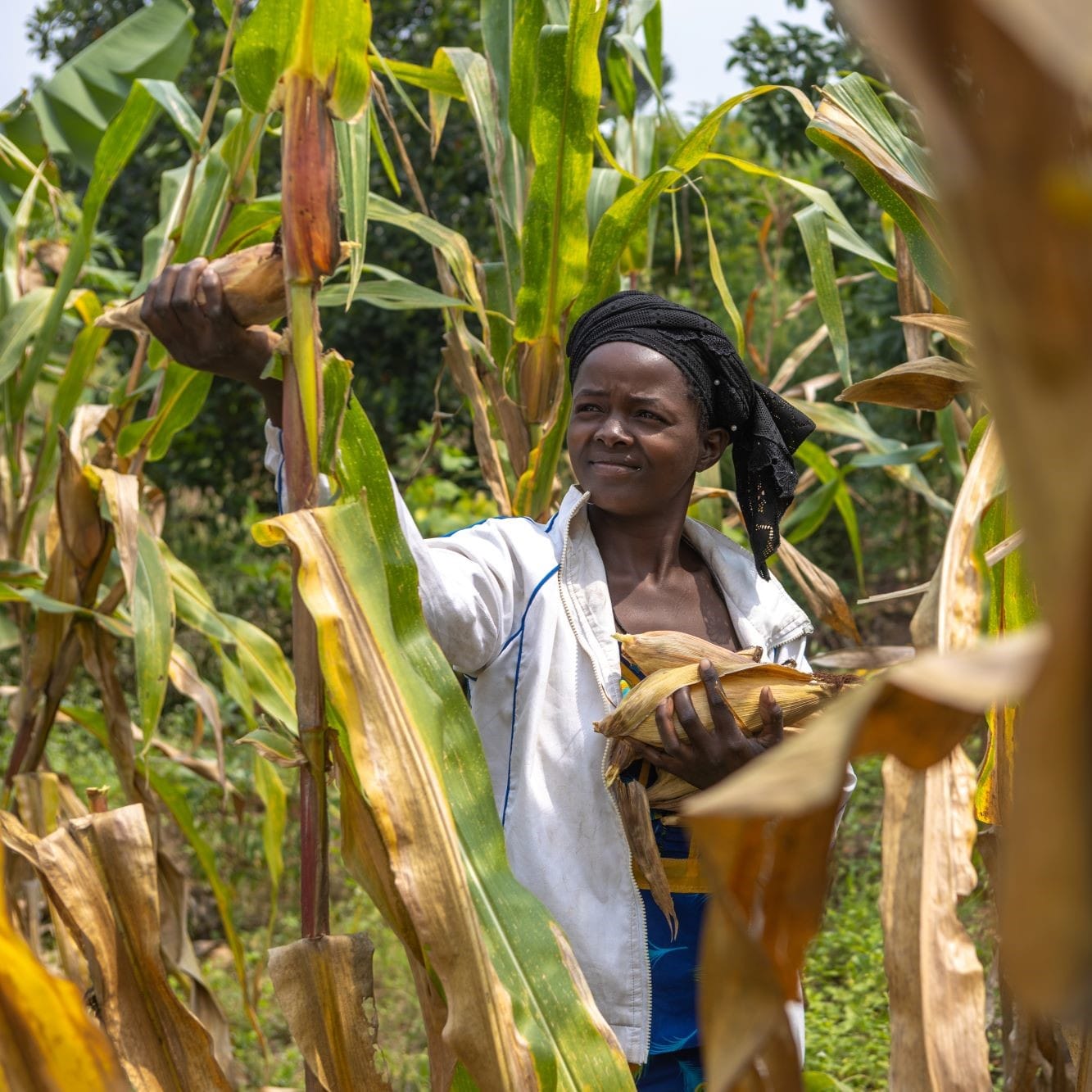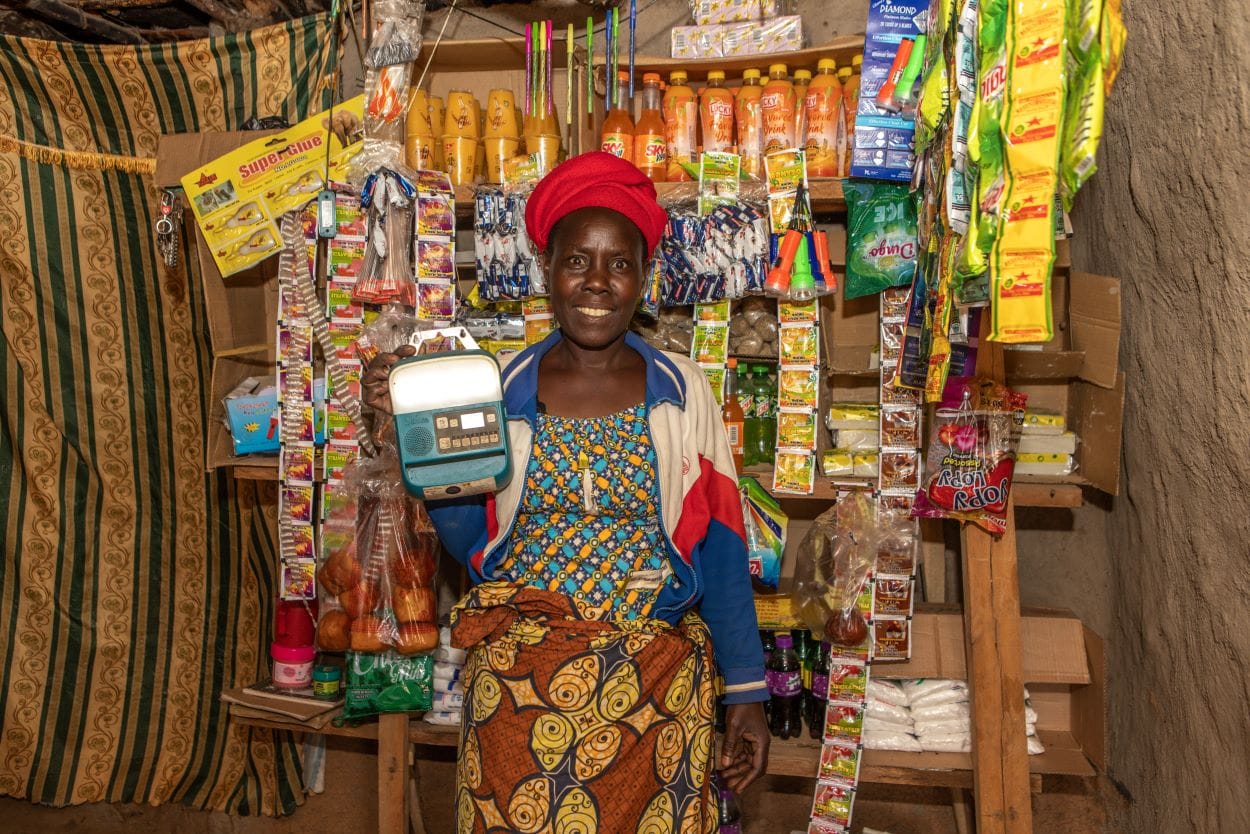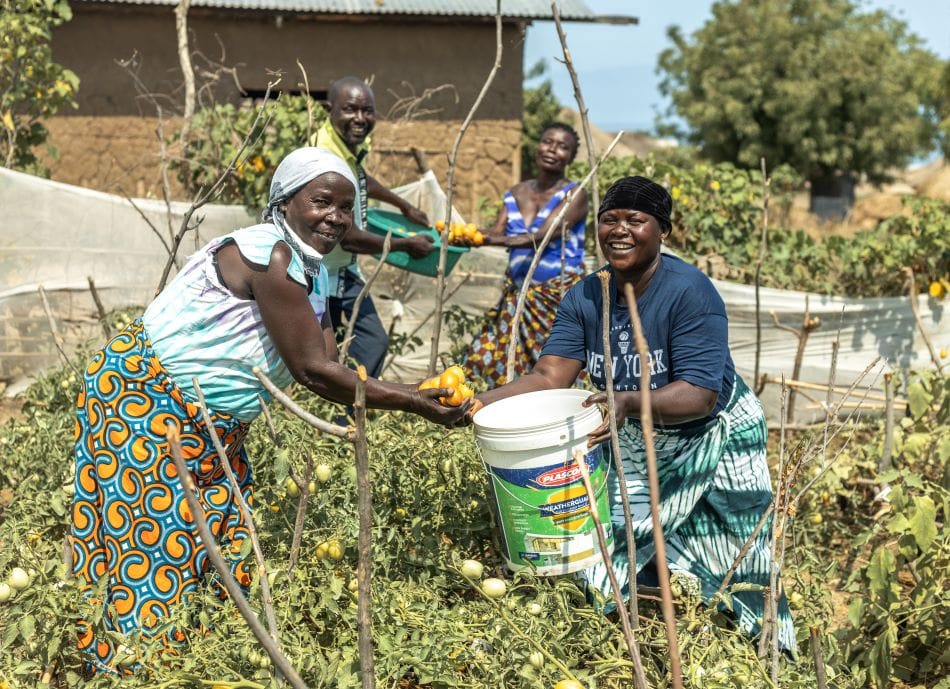What is a land title worth? The prevailing assumption in development circles is that helping smallholders acquire formal title to the land they farm will help them integrate into formal economic channels, invest more in their property, and access loan financing. But in practice most land titling programs have focused on the process of delivering titles and left the assumption of economic benefits as exactly that—an assumption.
DAI is no exception. For more than a decade, we have been a leader in developing highly efficient, cost-effective means for registering land at scale and putting land titles in the hands of millions of smallholders, especially in Africa. And we have achieved some striking successes. But while there is some evidence of economic and other benefits accruing from those programs, we have found that the farmers are generally slow to put their new titles to use for their economic benefit, especially in more remote rural areas.
To address this issue, two DAI-implemented programs are working explicitly to enable smallholders to leverage titling into tangible economic growth opportunities. These projects—Land Investment for Transformation (LIFT) in Ethiopia, a U.K. Department for International Development initiative, and Innovations for Agribusiness (InovAgro), a Swiss Agency for Development and Cooperation project in Mozambique—are beginning to show that land reforms can translate into economic returns.
Both LIFT and InovAgro are applying a market systems development approach to drive land utilization in the post-titling phase. Applying a market systems approach starts with defining the transaction—in this case, various forms of land utilization—and the participants in it. For title holders seeking to exploit their property, land utilization might include working with a bank to get a loan or with another farmer to rent out the asset. The market systems approach seeks to understand how well the transaction is proceeding—or not—identify any market failures, diagnose their underlying causes, and then design solutions to address them.
As summarized generically in the figure below, these market failures occur either in the supporting functions (information, infrastructure, or supporting services) or the rules (formal and informal) that enforce the market system. Ideally, if the market failures are understood, we can craft solutions to address them and promote a more sustainable and self-driven system that functions without external support.

With regard to land—especially in countries with less developed land markets—the supporting services (financial institutions, land rental agents, insurance companies, and so forth) are relatively weak, and typically do not immediately understand the sales opportunities presented by engaging with smallholder farmers newly armed with formal title. The increased land security also makes these smallholders better market opportunities for input suppliers and output marketers who typically are not present. At the same time, those farmers are not fully attuned to the economic benefits latent in their new certificates.
In these circumstances, the land utilization process needs a jump-start in the form of targeted efforts to raise the awareness of both smallholders and service providers, and to facilitate the process by which these two parties can productively engage with each other. Ultimately, this process of increasing awareness and facilitating the engagement of service providers builds upon itself, spurring more service provision, more service adoption, and more benefits for landholders.
We invite you to review a pair of brief case studies exploring our experience working to derive value from land titling in Ethiopia and Mozambique:
“A Market Systems Approach to Deriving Value from Land Title in Ethiopia”
“Overcoming Land Tenure Issues to Stimulate Investment in Mozambique”





